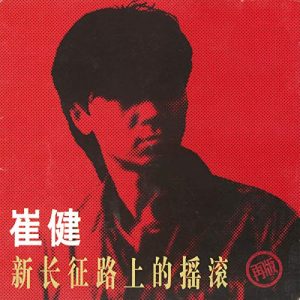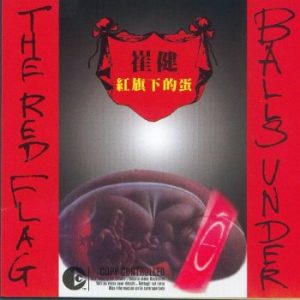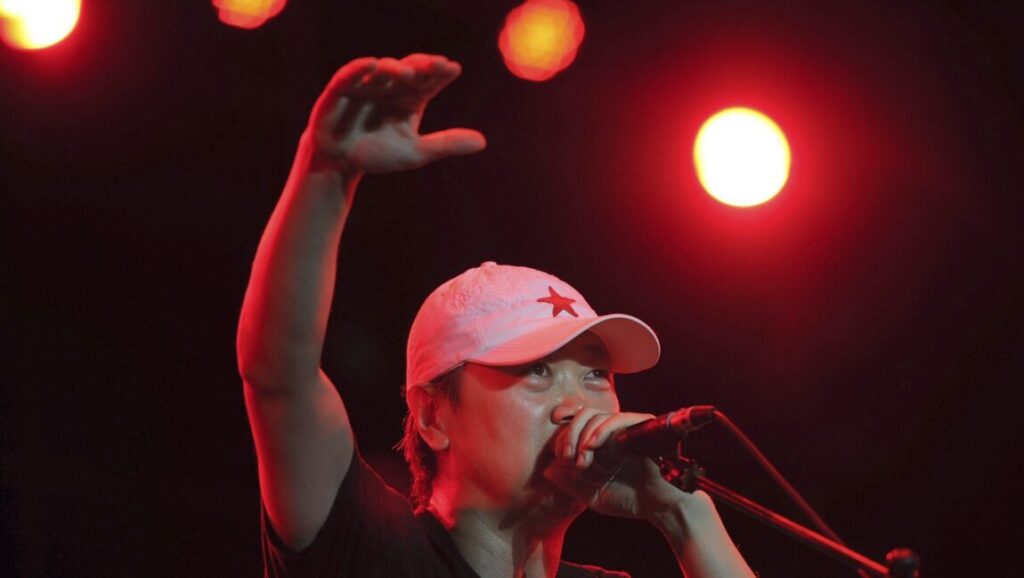With U.S.-China tensions at the center of so much of our discourse, it seems as good a time as any to look at a figure who channeled those same fraught energies into something constructive and inspiring. A twentysomething living in Beijing in the 1980s, Cui Jian had survived Mao’s Cultural Revolution to see economic reform, and the ‘Open Door’ policy, come to China. Trained as a classical musician, he was a trumpeter for the Beijing Philharmonic when he first heard imported cassette tapes of rock ‘n’ roll music. And when he finally synthesized the Chinese traditional music that he grew up with and the Western popular music that connected him to a global culture into a distinct, recognizable sound, he became a leading voice for a generation that was pushing for similar hybridization of their country’s political life. He played his music in Tiananmen Square for a rapt audience of student protesters — and lived through another government-sanctioned purge. Over more than three decades, he has grown and adapted as both a political figure and a musician, and he’s never stopped challenging himself more than others, or even more than the Chinese authorities. Cui Jian’s ambitions may have once been to become ‘a rock ‘n’ roll artist,’ but his music has since moved far afield from that limited definition, taking in the influences of hip-hop, jazz, electronic, and even experimental music and the avant-garde. On a personal note, there’s likely no artist whose situated themselves closer to the nucleus of my own aesthetic interests. Cui’s work criss-crosses China’s modern politics and its most important film movement of the last half-century, the Sixth Generation of the 1990s; it encompasses myriad eclectic, international music genres, across a rich and surprising discography. And so, as I near the end of my tenure as Editor-in-Chief at In Review Online — and in the midst of it, try to make sense of the culture wars that are having a very real effect on myself, and on my half-Chinese household — I’m taking a deep-dive into the essential work of one of my favorite contemporary recording artists: a musician, an icon, and a writer who has never been content with being just one thing or another thing. Cui is a man who embraces contradictions — who penned the lyric “The world that’s changing longs to never change” because he knows that contradictions are, in fact, ingrained in our modern, globalized lives.






Discography (1989 – 2015): Rock ‘n’ Roll on the New Long March (1989), Solution (1991), Balls Under the Red Flag (1994), The Power of the Powerless (1998), Show You Colour (2005), and Frozen Light (2015).


Comments are closed.